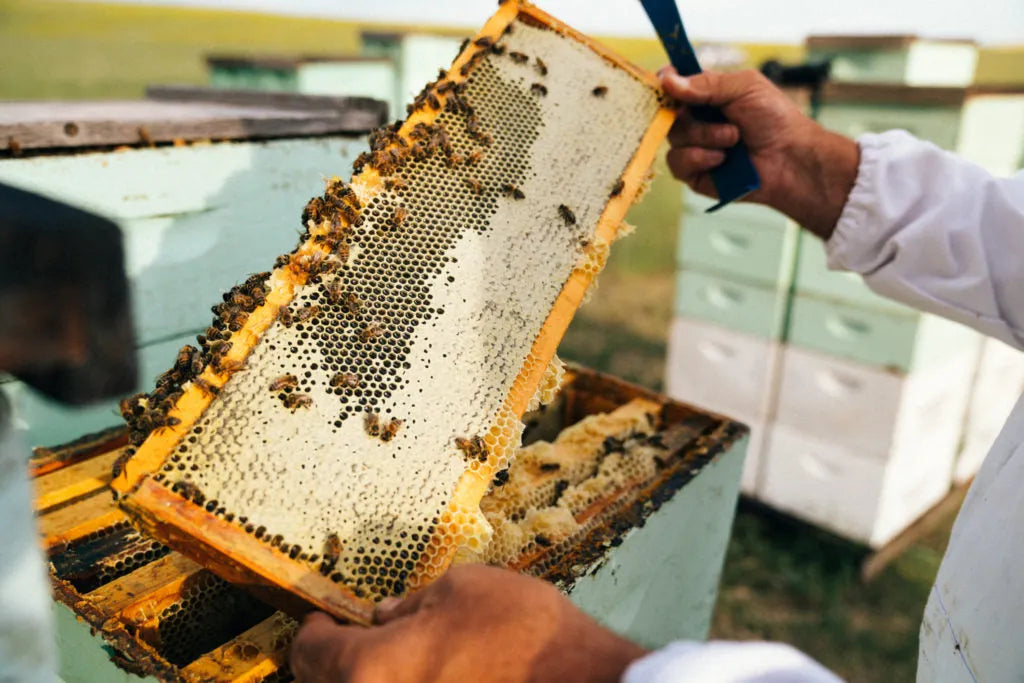The Do’s and Don’ts of Dealing with Bees
Beekeeping
If you happen upon a beehive––which, by the way, is technically called a nest––in your home or yard, don’t panic. There’s plenty you can do.
Don’t: Spray chemicals or pesticides into the hive. This won’t kill the bees immediately, but it will aggravate them––probably not what you were going for. Professional bee removal services will look for ways to lure bees away instead of killing them.
Do: Try natural remedies that keep bees away. Bees, being potent little pollen sniffers, are very sensitive to certain smells, including moth balls, vinegar, cinnamon and even cucumber. Putting any of these around your house will gently encourage them to leave.
Don’t: Try to trap or isolate the bees. You’re more likely to aggravate or spook the colony. Often, they’ll start looking for any escape they can find, making them more aggressive than they would be otherwise.
Do: Contact a professional bee removal service. They can be found in any major metro, and many pest control companies offer bee removal as well. Many local beekeepers will be also happy to take a hive off your hands, often at no cost, because the bees can help them produce their own local honey. Make sure you look for a “bee removal service” first and only for “pest control” as a last resort.
Don’t: Treat a hive and a swarm the same way. A bee swarm is a clump of bees, sometimes appearing as a cloud of bees swirling in the air. Keep in mind that a swarm isn’t the “angry swarm” you might have seen in cartoons. The bees are usually just looking for a place to live and will generally leave after a few days. A hive, with honeycomb and wax, needs to be fully removed or there’s a chance the bees will return.
Do: Check if your bee remover has liability insurance. This can protect the beekeeper and property owner if there’s an accident during the removal. Keep in mind that bee removal is an unregulated business, which means there’s no government body overseeing who performs it and how. The EPA has, however, limited the use of certain pesticides, like neonicotinoids, to protect our pollinators.
While you probably won’t need to worry about surprise bee colonies during the winter and fall––when they hibernate––you’re all set for spring and summer, when a hive’s numbers grow.
Here’s hoping the only sweet surprise coming your way is raw and unfiltered Local Hive Honey.
